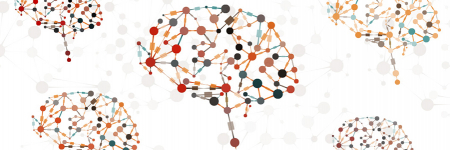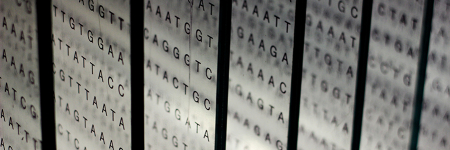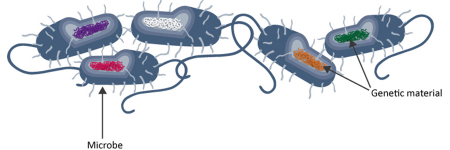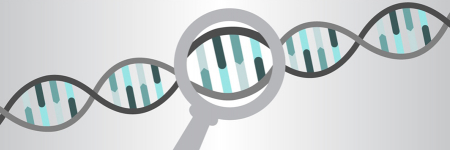
Clinical interpretation: when is a variant a mutation?
Genome sequencing produces volumes of valuable data, but what are the challenges of interpretation that gives practitioners the answers they need?

Using genomics to fight infectious diseases
As genomics becomes increasingly relevant in clinical practice, it could help tackle outbreaks of diseases such as tuberculosis and measles

Psychiatric genomics - a double-edged sword?
While genomics alone may not generate a diagnosis or wide-scale treatment, it may help us better understand psychiatric disorders

Genomics and the trouble with 'N of 1' trials
Randomised controlled trials are a rigorous way to identify cause and effect, but when it comes to rare genomic variants, connections can be hard to detect

Finding needles in haystacks: making sense of genomic data
Sequencing the genome is just the start; interpreting the sequence is the next big challenge

Destined for fitness? The genetic influences on exercise
Studies have identified genes that can influence a person's exercise performance and response, as well as their propensity for injury

Novel 'virotherapy' shows promise for skin cancer treatment
Modified virus known as T-vec mounts dual attack on cancer cells

Sequencing cancer DNA - what are the issues?
Whole genome sequencing can reveal vast amounts about how cancer cells work, but the process of discovery is not without challenges

How to handle hospital-acquired infections with genomics
Technology used to analyse the human genome can be applied to infective agents to identify and track the outbreak

Precision in medicine in action
Genomics can help to target treatments for patients with cancer, rare inherited conditions, and infectious diseases

Unexpected genomic findings: who wants to know?
A ground-breaking survey on health professionals, researchers and the public's attitudes towards genomics raises some important questions

Gene therapy moves towards the mainstream
While still in their infancy, gene therapy techniques could hold great promise for patients with rare diseases


